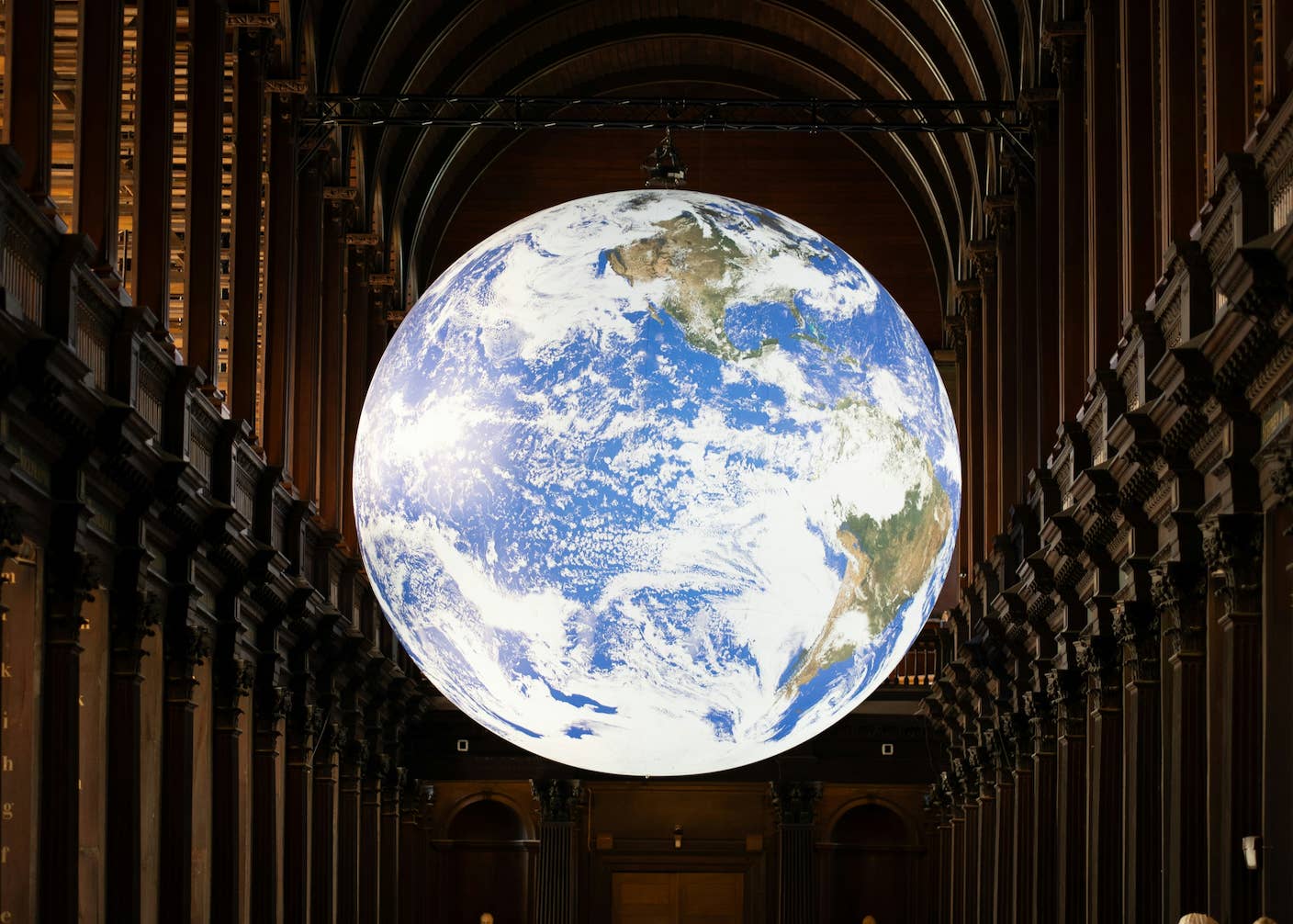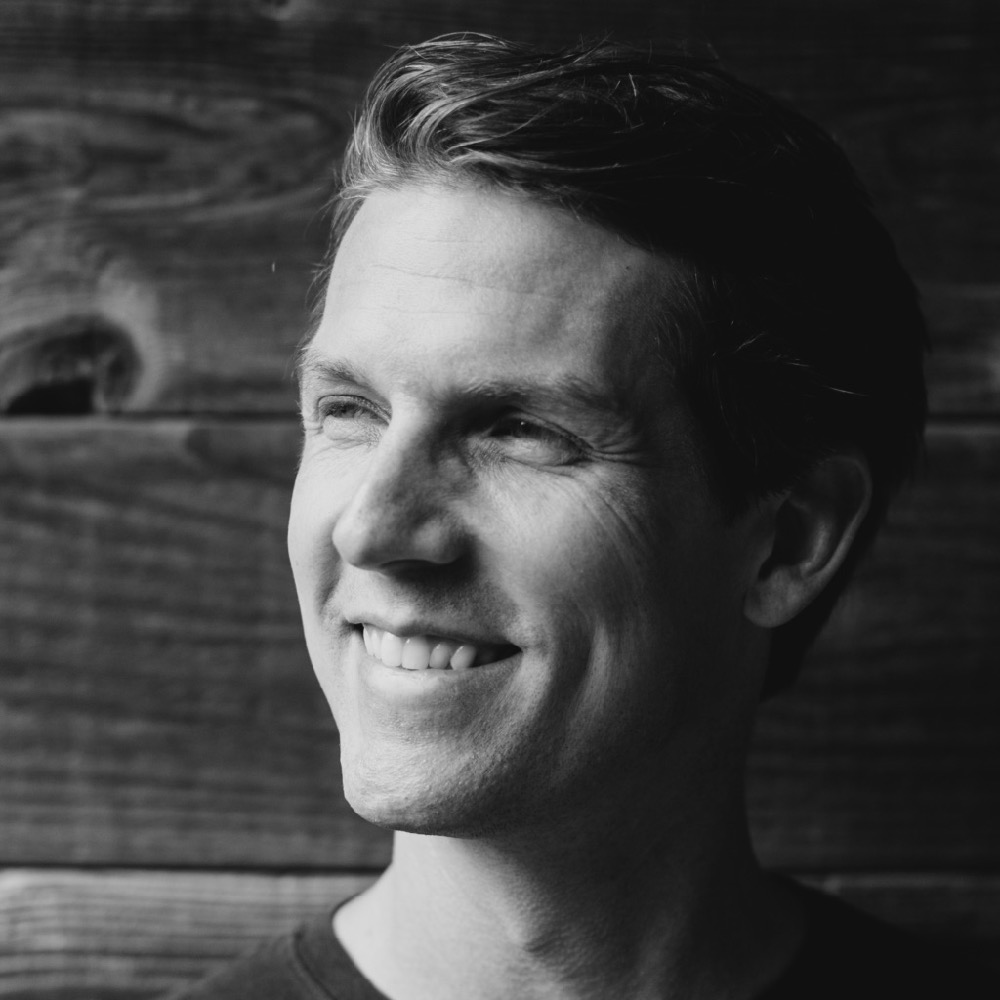Tech Billionaire Milner Aims to Accelerate Progress by Bankrolling Science

Share
Ever imagine you’d see $27 million in physics prizes awarded in one fell swoop? Me either. Reportedly, Alan Guth was likewise “knocked off his feet” after receiving one of nine inaugural Fundamental Physics Prizes (FPP)—and watching his bank account warp from $200 to $3,000,200. But maybe we shouldn’t be too shocked. Other tech entrepreneurs have likewise recently reached into their pockets to reward achievement too. And that's good news. Such funding should accelerate the scientific and technological discoveries we hope will one day revolutionize human health and ability.
Yuri Milner, the FPP’s founder, is a Russian entrepreneur, Silicon Valley investor, billionaire, and two-time dropout (once while pursuing an advanced degree in physics and later just a few credits short of a Wharton MBA). He transformed earnings from his first enterprise in macaroni into ownership of Russian internet firm, Mail.ru, and later stakes in a grabbag of US social media. Because Milner made his first fortune in the post-Soviet capitalist free-for-all and has since stormed Silicon Valley—he is a bit of a controversial figure. Not unlike the founder of that “other” prize, Alfred Nobel, who made his money in explosives. Yet, also like Nobel, Milner seems to have an idealistic streak. After Wired requested to do a profile on him, he asked, “What is the statement I want to make? It is an opportunity to take a position on a global scale.”
The FPP seems to fit that sentiment and is being compared to the Nobel Prize. But if it’s to be categorized, the FPP should also be compared to the X Prize and other Silicon Valley philanthropy upending how we reward achievement. Like the FPP in reverse, the X Prize Foundation offers a bounty on research not yet done, from genomics, to space exploration, to the invention of a real life tricorder. Meanwhile, Peter Thiel’s Thiel Fellowship is a case of another billionaire tech investor writing checks to reward big thinking. Thiel—notoriously dissatisfied with the pace of progress—pays Thiel Fellows $100,000 over two years to leave school and get to work on their ideas. Why pay a university to dream about future creations in class when you can get going on them now?
What differentiates the FPP from these other endeavors, however, is its focus on pure research done simply to increase our knowledge of the universe. Further, in contrast to the prestigious Nobel Prize, the FPP aims to devote “special attention to recent developments.” In the last decade, the average age of Nobel Prize winners in physics was 66 while their research was roughly 30 years old. Not to downplay the caliber of those achievements—which are, mostly, very great indeed—but the Nobel Prize in Physics tends to be icing on the cake of a long and already distinguished career.
Be Part of the Future
Sign up to receive top stories about groundbreaking technologies and visionary thinkers from SingularityHub.


For the nine scientists who received the award, winning has brought unusual fame along with fortune, as you can see in this interview with Dr. Ashoke Sen:
The FPP, unlike the Nobel, is free to reward a physicist still in his or her prime, though their work isn’t yet experimentally verified. That makes it more of a research funding vehicle than vindication or the ultimate in prestige. Winning the FPP says, “You’ve contributed some truly mind-bending yet plausible ideas recently. Here’s some pocket money to keep up the good work!” In the words of the organization’s mission statement, the FPP seeks to provide “recipients with more freedom and opportunity to pursue even greater accomplishments.” Put simply, the prize is a welcome spotlight on science and support for further research. But even better? Milner’s not the only tech entrepreneur dreaming up and funding different ways to encourage and reward achievement—and those dollars should help increase the pace of technological progress.
Jason is editorial director at SingularityHub. He researched and wrote about finance and economics before moving on to science and technology. He's curious about pretty much everything, but especially loves learning about and sharing big ideas and advances in artificial intelligence, computing, robotics, biotech, neuroscience, and space.
Related Articles

This Week’s Awesome Tech Stories From Around the Web (Through February 28)

Sparks of Genius to Flashes of Idiocy: How to Solve AI’s ‘Jagged Intelligence’ Problem

US Solar Surged 35% in 2025, Overtaking Hydro for the First Time
What we’re reading

